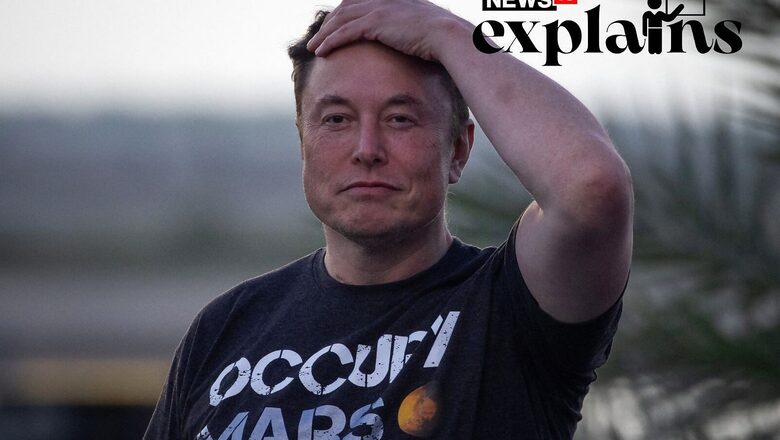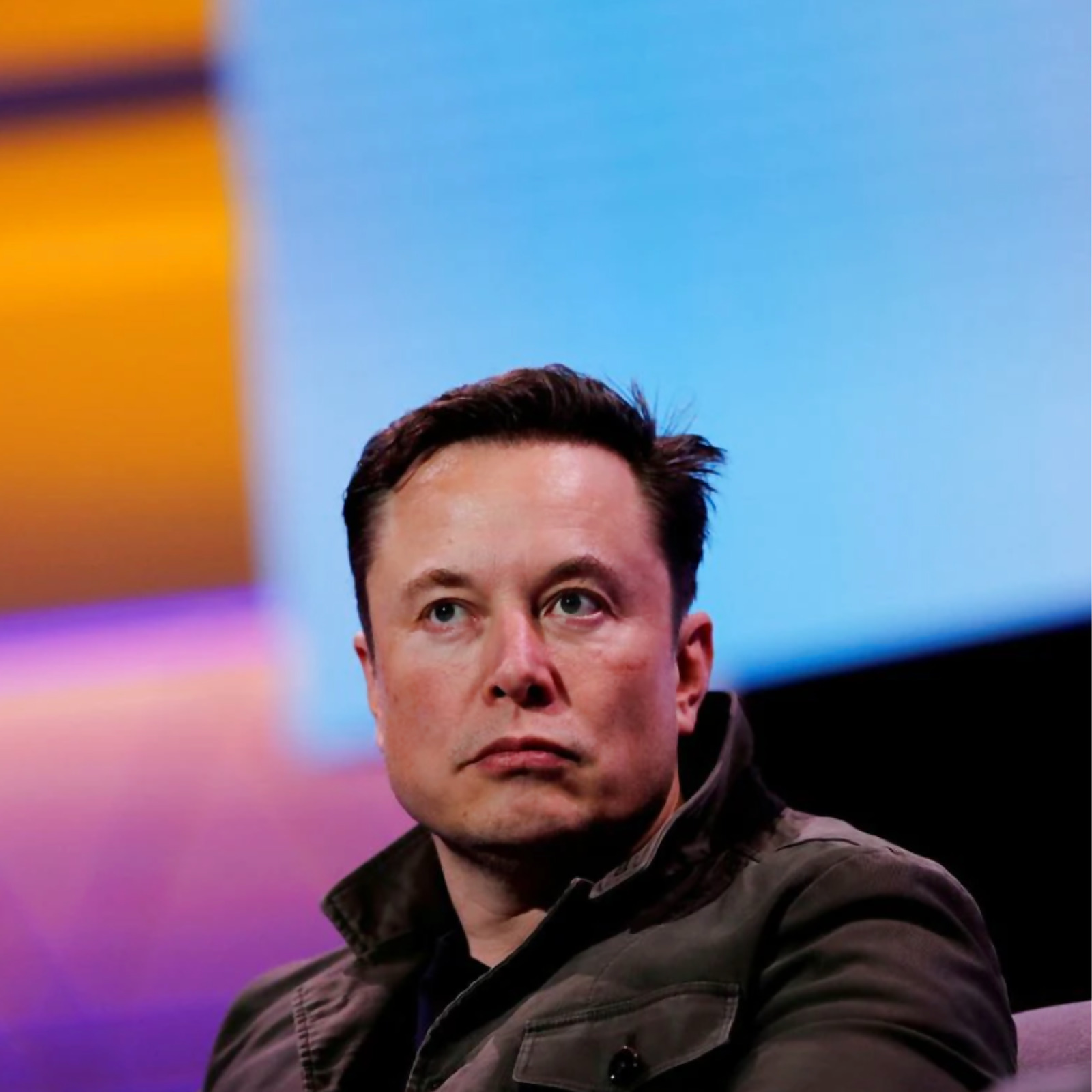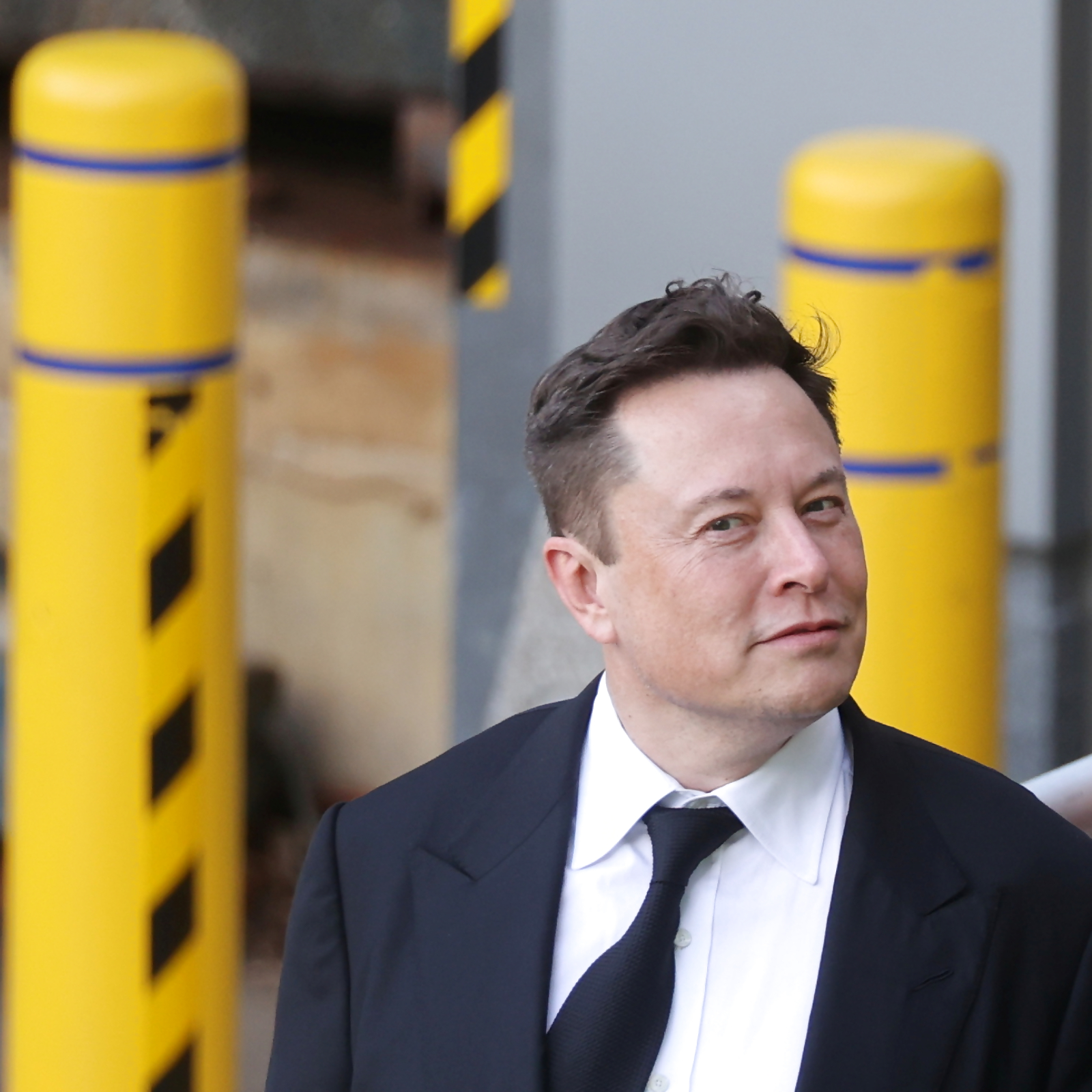
views
Twitter suspended several journalists’ accounts without warning or explanation; platform owner Elon Musk later suggested the journalists had doxxed him.
“You dox, you get suspended. End of story. That’s it,” he said on a Twitter Space audio discussion late Thursday, referring to the act of disclosing someone personal details online.
After suspending a Twitter account that tracked his private jet using publicly available data — an account Musk had previously said he would leave alone as a demonstration of his commitment to free speech — Musk went after journalists from The New York Times, CNN, Washington Post, and other outlets.

This week, Twitter announced a change to its policy prohibiting the sharing of real-time locations unless doing so is necessary for aiding humanitarian efforts or during public events.
After Musk claimed earlier in the week that a family member in Los Angeles had been stalked, several journalists’ accounts were suspended because they had written about the plane tracking Twitter account and Musk’s reasoning for the new policy.
DOXING: WHAT IS IT EXACTLY?
Doxxing, also spelled doxing, is a shortened form of “dropping dox” or documents.
It’s an illegal and often malicious practise wherein a person’s personal or identifying information is gathered and shared about them online without their knowledge or consent for the purpose of harassment, threat, shame, or retribution, a report by Associated Press explains.
Doxxing is not legally defined and has different meanings to different people, according to Jeff Kosseff, a professor of cybersecurity law at the United States Naval Academy and author of a book on the subject. Others argue that it only refers to the disclosure of sensitive data. According to DHS, doxxers can find information in public records like property deeds.

If you go by the DHS’s definition, “just because plain data is already open source and publicly available does not mean that it is not doxxing,” Kosseff said.
Doxxing originated in the anonymous and decentralised communities that formed online during the 1990s. According to security firm Kaspersky, this was done by hackers to expose their enemies. The company claims that this is less of a concern now that the definition of doxxing has broadened and more people are comfortable enough to use their real names online.
SIGNIFICANT DOXXINGS
The practise of “doxing” has been used against celebrities, politicians, and journalists alike. Low-key individuals have also experienced this.
In the 1990s, for instance, anti-abortion hackers published the home addresses, photographs, and other personal information of abortion providers on a website they dubbed the “Nuremberg Files.”
And software engineer Brianna Wu, who spoke out against the “Gamergate” movement that targeted female game developers in 2014, was another high-profile victim. She told The Associated Press in 2016 that she had to report receiving death threats and that she had been “doxed,” meaning that her private information had been made public.
As tensions rose after the death of George Floyd while in police custody in several American cities, including Washington, Atlanta, Boston, and New York, the personal information of high-ranking police officials in those cities was posted online for all to see.
To what extent is it illegal to dox someone?
The cybersecurity expert Kosseff argued that the release of publicly available information is more of a moral dilemma than a legal one.
For instance, he said, proving criminal responsibility for an account that merely reposts publicly available flight data would be challenging. Doxxing is not a crime in and of itself; rather, it is a byproduct of other, more serious offences, such as harassment.
First Amendment protections would be “pretty strong” if the work relied on publicly available data, according to Kosseff. He did note, however, that the jurisdiction over a potential case and the nature of the harms sustained could change his mind.
HAD THE SUSPENDED JOURNALISTS DOXXED ELON MUSK?
Doxxing is defined differently by different people.
The suspended reporters all say they weren’t communicating with each other about Musk’s whereabouts. Musk’s interpretation of “doxxing” appears to be much broader than the original, encompassing even the linking to personal information posted by another.
Musk made an unexpected appearance Thursday night during a Twitter Spaces audio discussion about the suspensions that was being held by some of the journalists, including Drew Harwell of the Washington Post.
It is not true that we have been discussing your address with anyone else, as you have implied, as Harwell put it. “I did not share your address anywhere.”
Harwell claimed that it was par for the course for the media to share links to the @elonjet account that followed his private jet.
OK, BUT WHAT ABOUT MUSK HIMSELF?
Musk has a history of calling people out and making them the target of harassment by his army of fans, but it is unclear whether he has ever personally doxxed anyone, as one of the suspended journalists has alleged.
Business Insider columnist Linette Lopez, who has written extensively about Musk, was suspended on Friday after tweeting that Musk had been involved in the doxxing of “Montana Skeptic,” a prominent critic of Tesla and contributor to the website Seeking Alpha. Several years ago, his true identity was revealed on Twitter.
According to an interview the author gave to Mediate earlier this year, his real name is Lawrence Fossi, and Musk called into the writer’s office and threatened to sue over the articles.
With inputs from the Associated Press
Read all the Latest Explainers here




















Comments
0 comment